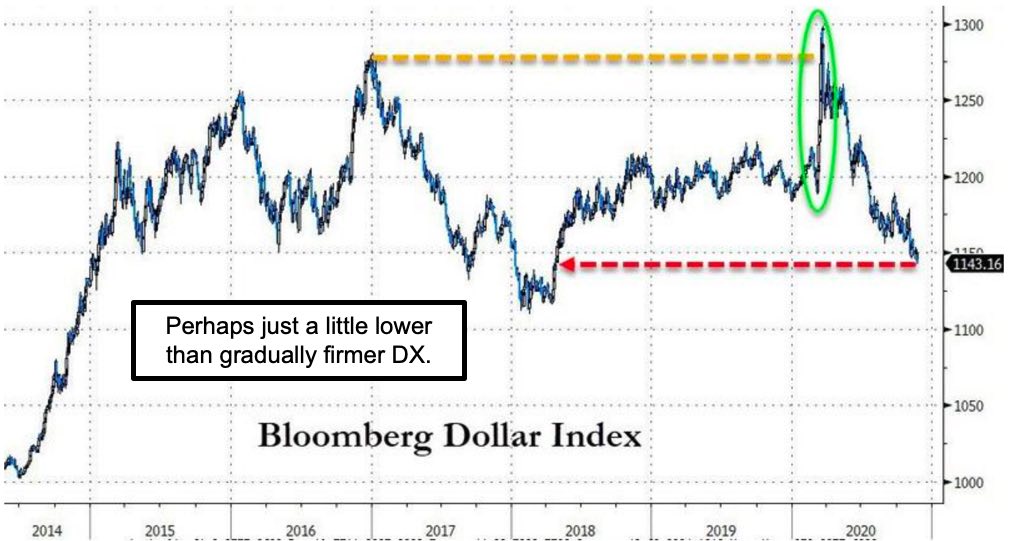|

In the case of Sorrento (SRNE), they 'promise' a low-dose (for-instance) 100 mg shot, versus the 4 grams (twice) that President Trump had of a Regeneron IV. In my thinking so far, although the market soared on the vaccine news, that's for probably mass protection and the concept of 'happy days are here again' has dominated (more so than Biden, Yellen or any of the rest, but a combination).
I think this weakened stocks like Sorrento, but that might reverse as a) people increasingly accept 'antibody treatments' as a preferable or back-up drug, or b) Sorrento actually succeeds (and we don't know if they will) thus allowing a treatment without hospitalization, or c) the eventual pill or nasal treatment, of course reducing anxiety broadly, even more so than basic drugs or vaccines.
In-essence, it is not that I have a particular fear of COVID (hard to characterize) but realizing even as many still squabble about what's the best approach, or if they'll take the vaccine vs. antibodies (or have both available).
The point is: even though mortality levels have thankfully improved, lingering after-effects in most patients, prove COVID recovery's no picnic. Best of all: not to get sick in the first place, which is why many of us disengaged a lot. Is that fear, or is that common-sense.. to minimize interactions until we know more.
|
An actual anti-viral drug would certainly be a very useful tool to have, and the question of what that direction was not taken should be asked.
The whole problem is that way too many poor choices have been made by those who believe that they are much smarter than the rest of us. Most unfortunate.